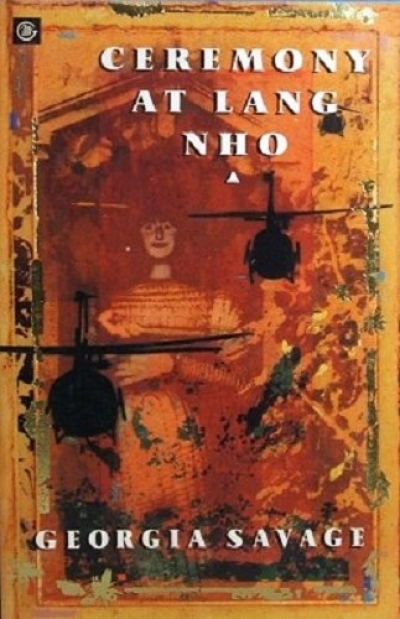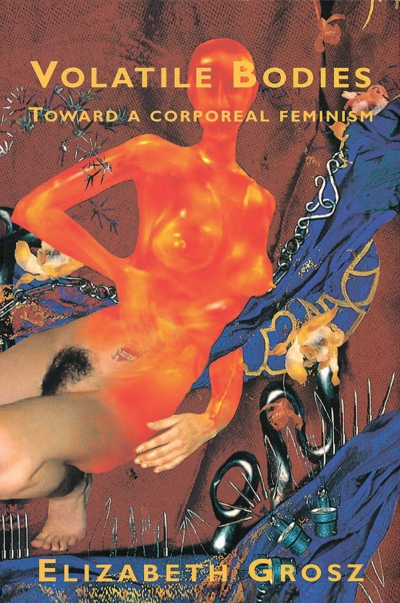Archive
Travellers in a Landscape: Visitors’ impressions of the Darling Downs 1827–1954 by Maurice French
by Noni Durack •
Volatile Bodies: Towards a corporeal feminism by Elizabeth Grosz
by Bronte Adams •
Collected Plays, Volume II by Patrick White & Collected Plays, Volume II by David Williamson
by Peter Fitzpatrick •
A bloke I know classifies all birds as either shitehawks or dickybirds. Who knows, perhaps he doesn’t believe it either. Problem is, the line keeps shifting. Too many birds just don’t fit these categories. Take the shearwater. It flies fifty thousand kilometres a year in an endless quest for summer. Small it may be, dickybird it ain’t.
... (read more)








